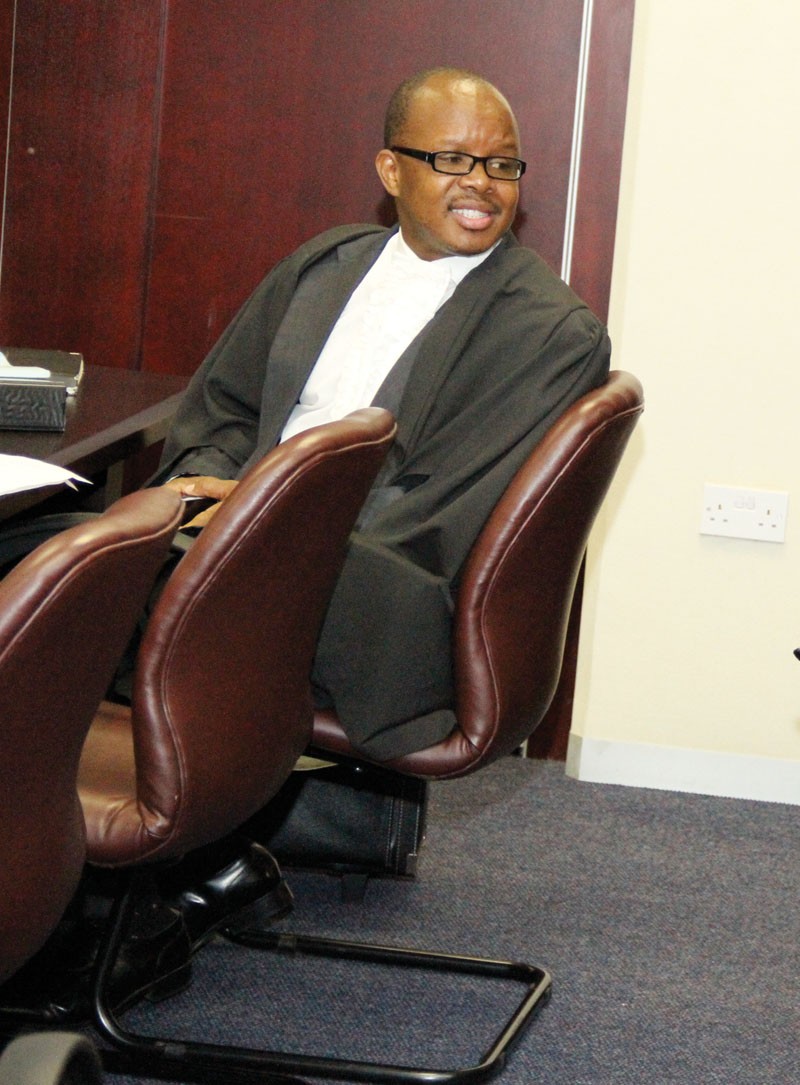Male lawyers write to Khama about child sex abuse
Baboki Kayawe | Tuesday May 17, 2016 15:18


The letter penned by Tshiamo Rantao, Osego Garebamono, Mboki Chilisa, Kgalalelo Monthe, Kgosi Ngakaagae, Diba wa Diba, Lore Morapedi, Rueben Lekorwe and Tefo Gaongalelwe to President Ian Khama states a probe into the matter would without doubt be in the interest of the public given that this malpractice has reached mammoth and unacceptable proportions. Most importantly, the nine attorneys say through its terms of reference, the commission could avail a platform to review existing laws.
They write that the exercise could assist in formulating recommendations on law reform, strategies to assist law enforcement agencies and the effective implementation of the provisions of the Children’s Act and similar legislative enactments dealing with children.
“It would also assist in addressing the root causes of such abuses and coming up with measures to help curtail such abuses,” the letter stated. The lawyers, all men, pleaded that a sitting judge or a retired judge chair the proposed commission. “The situation has reached the levels where it cannot just be left in the hands of the police alone,” the letter stated. “The police lack the special powers given to the commissioners under the Commissions of Inquiry Act.” The findings of this commission, they argue, could help prosecute offenders under section 25 of the Children’s Act.
The said section criminalises sexual abuse and exploitation of children, defilement provisions in the Penal Code, and other relevant pieces of legislation. These problems have to be addressed as a national crisis, they said.
“Your Excellency has the powers to protect the girl child by instituting a commission of inquiry as has been done by your predecessors when this country was faced with crises, which were arguably less disheartening than this.” According to statistics released by education minister Unity Dow last week, the lawyers add, crime against the girl child has reached a crisis level.
The Commissions of Inquiry Act makes provision for the appointment of commissions of inquiry with special powers to provide for such inquiries and matters incidental thereto. Section 2 of the Commissions of Inquiry Act provides that:
“It shall be lawful for the President, whenever he deems it advisable, to issue a commission appointing one or more commissioners, and authorising such commissioners, or any quorum of them therein mentioned, to inquire into the conduct of any officer in the public service of Botswana, the conduct or management of any department of the public service, or of any public or local institution or into any matter in which an inquiry would, in the opinion of the President, be for the public welfare.”
